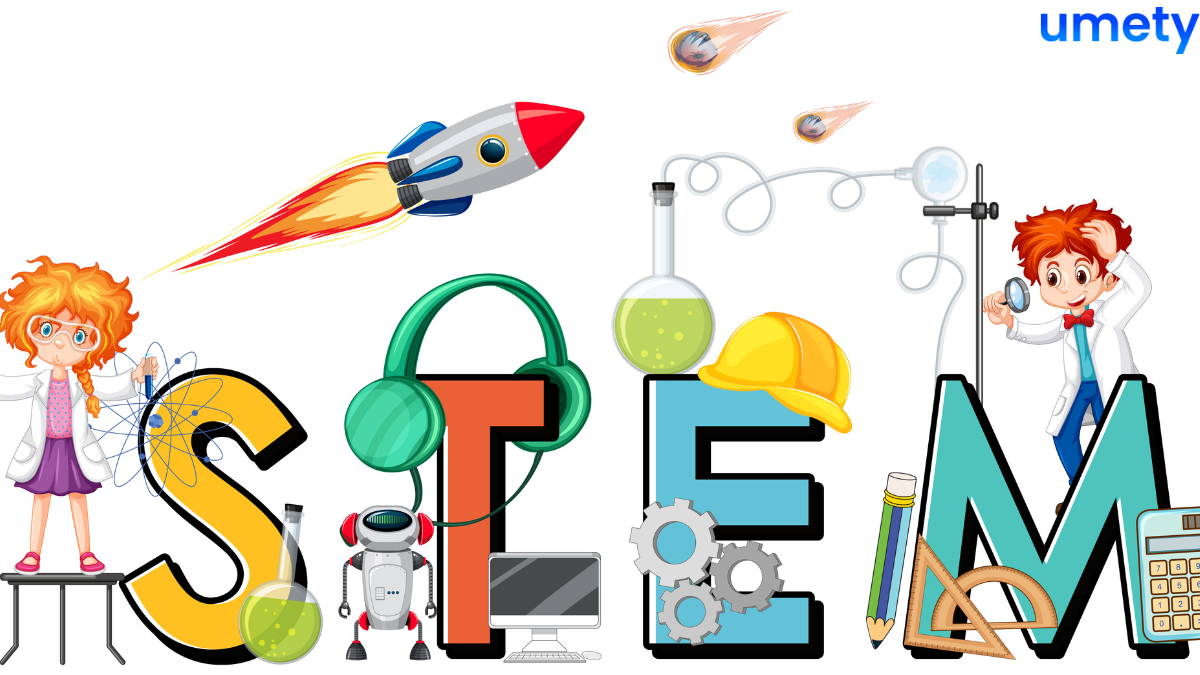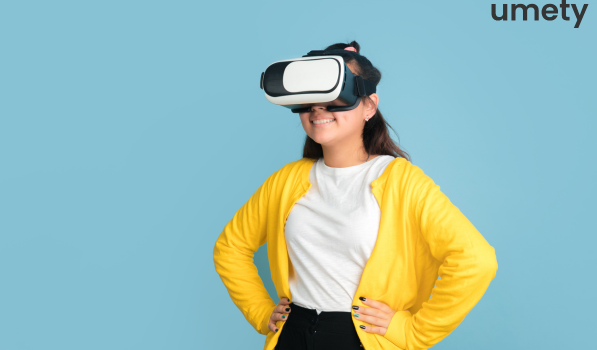Explore the Educational potential of virtual tours by virtually Accompanying students
For the past few years, technology has dominated the modern era. The rapid advancement of technology has produced some massive tech giants, like artificial intelligence and virtual reality. Virtual experiences are psychologically impactful and have conquered educational platforms rapidly. One such heavy innovation is the virtual tour. VR tours simulate 360-degree videos and images sequenced together to provide a realistic environment to the user.
However, the impact of virtual field trips on education is the most, letting students learn and engage with the immersive content without judgment. In this article, we will explore the educational potential of virtual tours among students.
What is a virtual tour?
A virtual tour is a guided exploration of simulated images and videos that are stored based to provide a structured learning experience. Virtual field trips offer an interactive and immersive way of learning and understanding. With the help of VR trips, students can study any subject and explore places in real time. In addition, it helps students to make real-life connections with the issues and concepts practically.
Virtual Reality Trips and its impact on education
As mentioned, VR or virtual field trips have become popular in schools, colleges, and universities. Educational institutions use VR technology to showcase their campuses and facilities to students who cannot visit the campus due to cost, distance, and other factors.
Virtual tours offer an immersive and interactive experience that allows students to explore and learn their content. According to HolonIQ, the global market for virtual and augmented reality in education is projected to reach $9.3 billion by 2025, with virtual campus tours being one of the popular applications. Also, a study conducted by the National Survey stated that around 90% of teachers believed that virtual reality in education is an effective tool to offer immersive learning to students.
Combining advanced technology with knowledge has created an immersive environment for students to practice and execute their ideas and skills.
Scope of learning through VR field trips
In the modern education era, virtual field trips play an essential role. They can be implemented into all the subjects and help students explore places in real time. Here are some learning experiences that can be achieved through VR trips.
Range of subjects
Virtual field trips can help students to learn about history, geography, physics, science, etc., seamlessly. They can explore the solar system, get inside the human body, and much more. A study revealed that over 80% of students were positive toward virtual field trips.
All can access it.
Classes of all ages and grades can use virtual tours effortlessly. These tours can be curated and personalized for each student based on their learning pace, interest, and difficulty level.
Various student abilities
Traditional trips might not fulfill the requirements of students with mental disabilities, such as ADHD. Such students might skip or be restricted from attending virtual field trips. In such cases, immersive tours are a way to extend inclusivity to students of all abilities. Hence, they can easily explore the content in the comfort of their home.
An immersive learning experience
Education should be engaging. No more students nodding off in the back row or surreptitiously checking their phones. With virtual tours, learning becomes a thrilling ride through time and space. Want to learn about ancient civilizations? You can easily step into the shoes of an archaeologist and unlock long-lost mysteries. Need to grasp the concept of gravity? Prepare for lift-off as you virtually float in zero gravity.
Benefits of virtual field trips
The virtual tours offer several benefits to provide quality education to students.
They allow you to explore different places and cultures without leaving anywhere. You can get immersed and engaged without costing a penny.
VR field trips can provide a cheaper and more accessible alternative to traditional travelling.
In addition, VR trips can provide unique experiences that would be difficult or impossible to replicate in real life, such as scuba diving and exploring outer space.
Immersive VR tours offer an independent experience without hassle, noise, and pressure. 360-degree virtual tours provide a panoramic view of a location, allowing users to explore in all directions. It's just you and the destination. This experience can happen anytime and anywhere if you have access to the necessary hardware and software.
Virtual Field Trips for the Future
Virtual tours are an excellent way of engaging students and providing them with an authentic content experience. These are heavy forms of futuristic learning, breaking down physical and geographical barriers, and virtual tours make travel more inclusive and accessible to a broader range of individuals. They provide exploration, learning, and connection opportunities, promoting a sense of inclusion and diversity in travel.
UMETY is a first-of-its-kind immersive learning platform that combines the best 360-degree immersive environments and 3D intractability; our STEM learning combines innovative pedagogy and advanced simulations to help learners master the complexities of STEM learning and medical education. Hence, institutes can leverage artificial intelligence to personalize student virtual tours as technology evolves.
.png)


.png)
Comments
Post a Comment